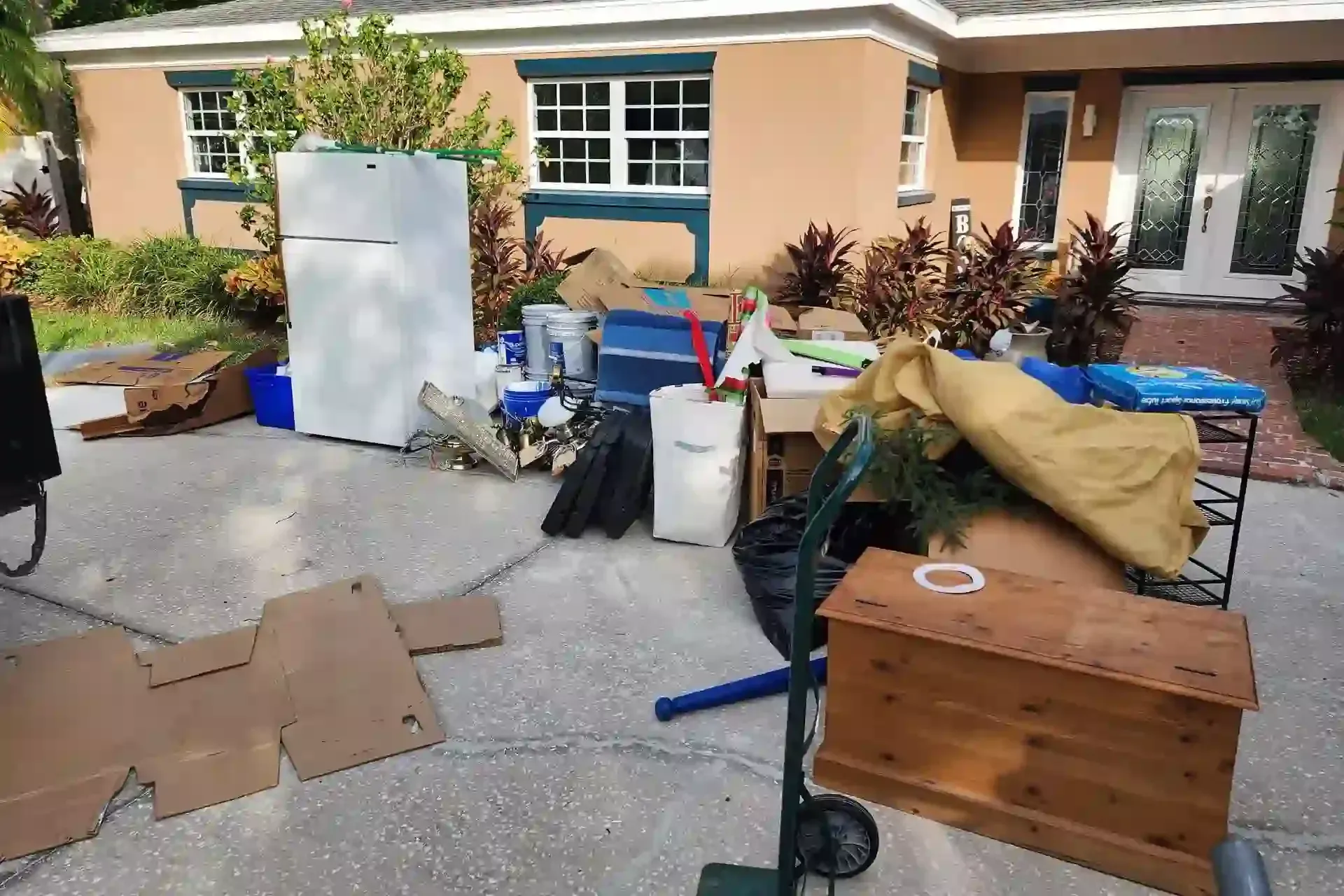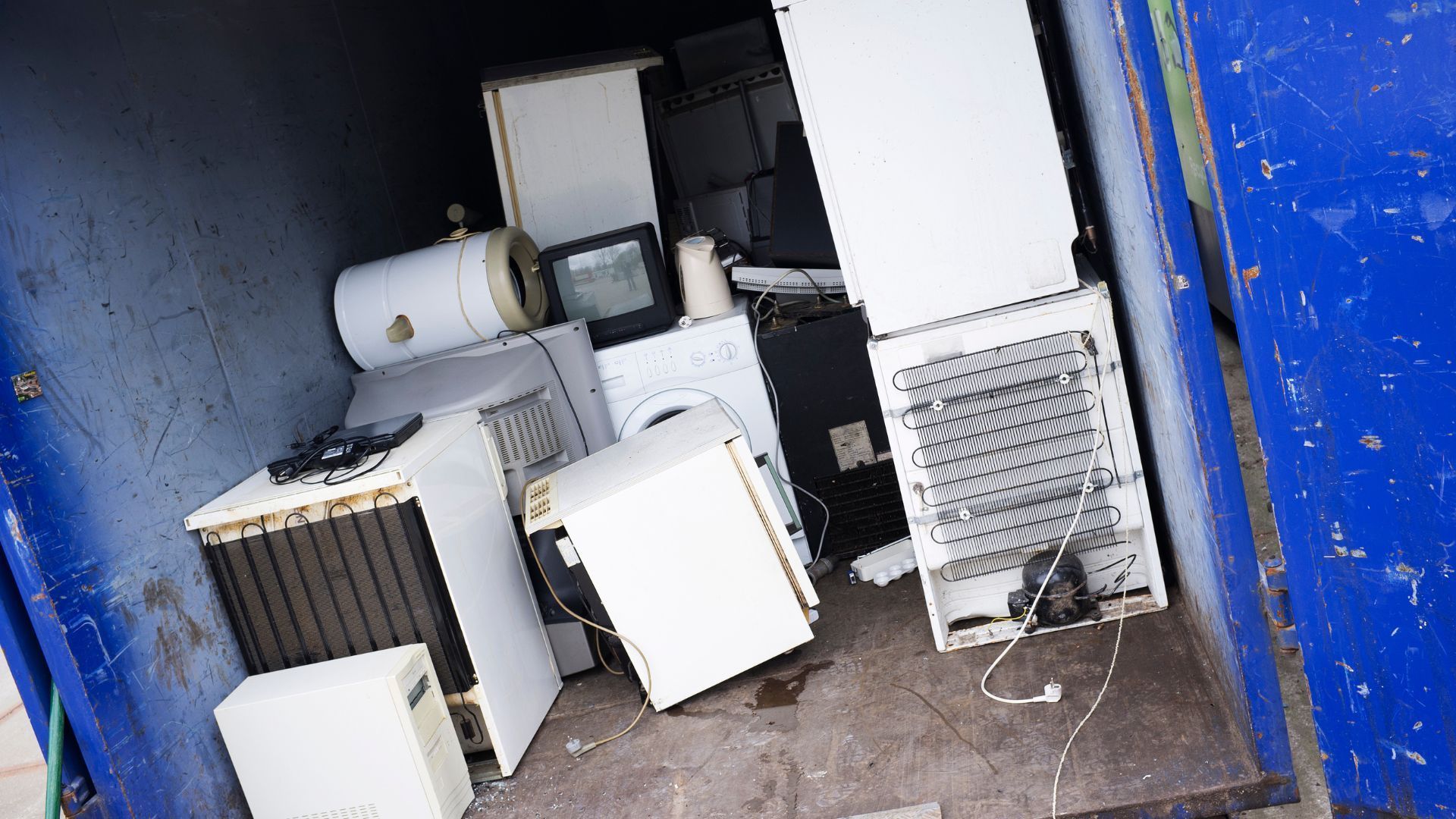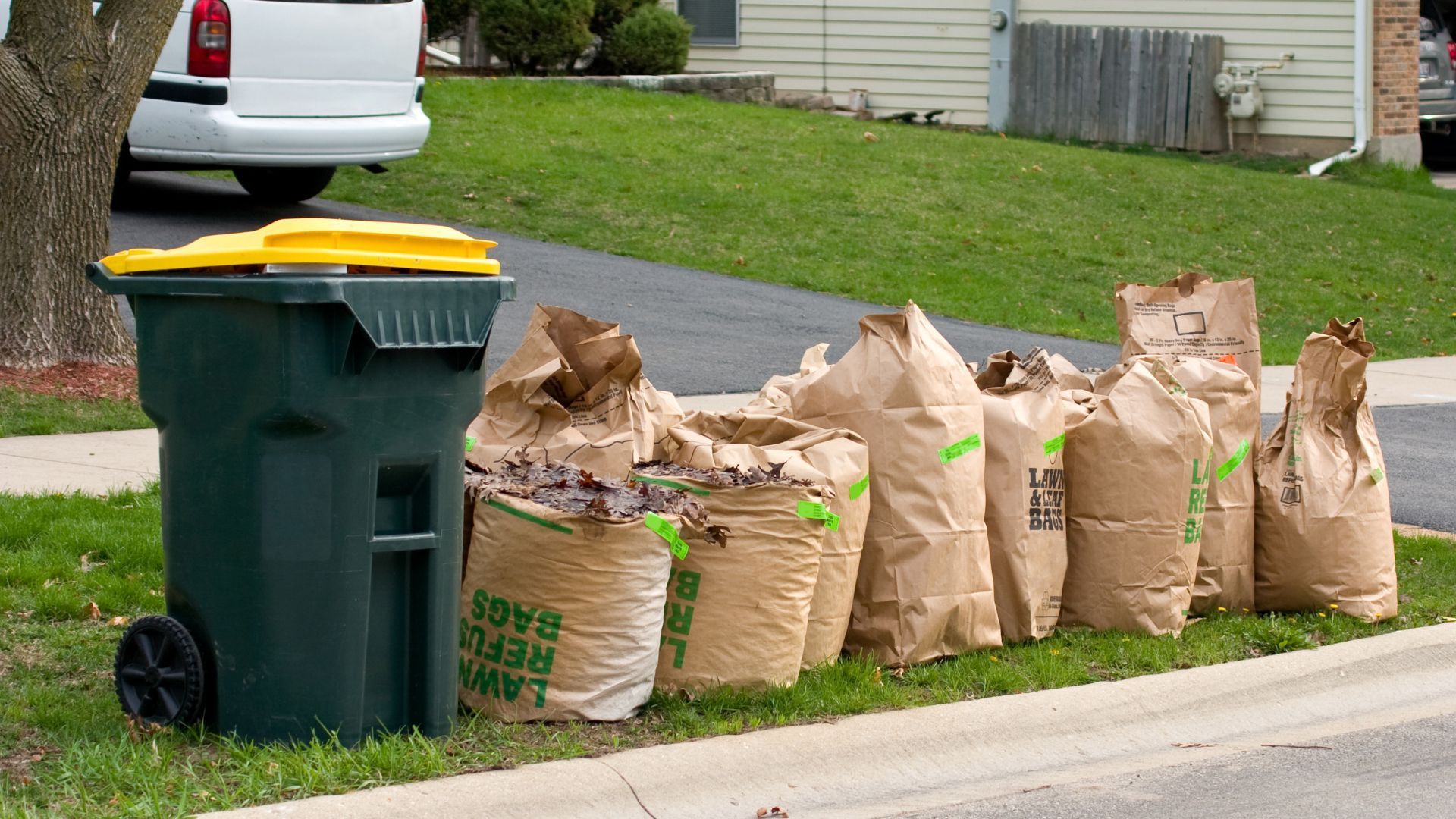Efficient and Eco-Friendly Yard Waste Disposal
Every yard has a story to tell, and sometimes that story is buried under piles of branches, clippings, and scattered leaves. While nature is beautiful, maintaining it comes with the inevitable buildup of debris that can’t simply be left alone. Whether it’s the result of weekend pruning, seasonal storms, or a major landscaping project, the accumulation of yard waste can quickly become overwhelming. Leaving it behind not only makes a property look cluttered but can also create hazards and invite unwanted pests.
Today, disposal isn’t just about hauling everything to the nearest landfill. The modern homeowner has greener, smarter options that go far beyond tossing it out. Eco-friendly practices, recycling, and professional collection services have transformed the way people deal with yard debris. By blending efficiency with sustainability, you not only keep your property pristine but also contribute to healthier ecosystems and cleaner neighborhoods.
Understanding the Different Types of Yard Waste
Yard waste isn’t all the same, and knowing the differences makes disposal easier and more effective. Grass clippings, branches, leaves, soil, and even dead plants all fall into the category of yard debris. Each type requires a slightly different approach because they break down at varying rates and may be repurposed in unique ways. Recognizing these distinctions helps you decide whether composting, mulching, or collection services are best for the job.
For example, grass clippings can be repurposed directly into compost, while larger branches may need shredding before they can be reused. Fallen leaves can enrich soil, but rocks and old sod often require removal by professionals. By understanding what you’re working with, you’ll reduce unnecessary clutter and avoid mixing materials that don’t break down well together. A little awareness at the start makes the entire process smoother and much more environmentally friendly.
The Environmental Impact of Improper Yard Waste Disposal
Improper disposal of yard waste might seem harmless, but it can cause significant damage to the environment. Dumping piles of branches or clippings in undeveloped spaces blocks water flow, suffocates native plants, and disrupts local habitats. When organic debris piles up in the wrong places, it releases methane as it decomposes without proper airflow, adding to greenhouse gas emissions. What looks like a simple shortcut can actually harm the balance of your local ecosystem and contribute to larger environmental problems.
Another concern is water contamination. Washed into storm drains or waterways, decomposing yard materials carry excess nutrients that fuel harmful algae blooms. This impacts aquatic life and reduces water quality for surrounding communities. Taking the extra step to handle waste responsibly prevents these issues. When you opt for eco-friendly disposal or professional services, you actively protect soil health, conserve resources, and help maintain the natural beauty of your area.

Benefits of Composting Yard Waste at Home
Composting is one of the simplest and most rewarding ways to turn yard waste into something useful. Leaves, grass clippings, and even small twigs can be transformed into nutrient-rich compost that nourishes gardens and flower beds. Instead of hauling everything away, you create a cycle where yesterday’s waste becomes tomorrow’s healthy soil.
Home composting also brings a sense of independence and control over your outdoor environment. By managing your own organic material, you cut down on municipal waste costs and reduce the hassle of frequent trips to disposal sites. Over time, your compost pile becomes a reliable source of garden food, giving your plants better resilience against pests and weather shifts. It’s a small effort that pays back with healthier greenery and a lighter ecological footprint.
Why Mulching Can Be a Smart Solution
Mulching is another eco-friendly option that repurposes yard waste effectively. When branches and leaves are shredded into fine material, they can be used to cover soil around trees, shrubs, and flower beds. This simple technique conserves moisture, regulates soil temperature, and reduces weed growth. Instead of viewing clippings as trash, mulching reframes them as a valuable resource for maintaining your landscape.
The benefits of mulching extend beyond convenience. By spreading a protective layer over soil, you minimize erosion during heavy rains and shield delicate root systems from extreme heat. Mulching also creates a polished, well-kept appearance in your yard without needing additional store-bought products. Turning natural waste into mulch saves money while closing the loop on outdoor maintenance. It’s a sustainable choice that adds beauty and function to your property in a single step.
The Role of Recycling Centers in Yard Waste Management
Local recycling centers play a major role in keeping yard waste out of landfills. Many communities offer designated drop-off points where organic material is processed into compost, mulch, or soil conditioners. These facilities ensure waste is repurposed on a larger scale, benefiting parks, farms, and landscaping projects. Using recycling centers not only prevents harmful dumping but also strengthens the cycle of sustainability in your community.
Taking advantage of these services helps reduce the stress on traditional disposal methods. It’s an efficient option if you’ve got large volumes of debris that go beyond the limits of curbside collection. Branches, logs, and even storm-damaged trees can be chipped and reused rather than left to rot. By supporting local recycling programs, you’re investing in a cleaner environment and helping create resources that benefit everyone.
Hiring Professional Yard Waste Removal Services
Sometimes, the scope of yard waste can be overwhelming, and professional removal becomes the most practical option. Whether after a major storm or a large-scale landscaping project, debris can accumulate in volumes too great for standard disposal methods. Professional services bring the right equipment, vehicles, and trained crews to clear everything quickly and safely. This approach eliminates stress while saving hours of physical labor.
Another advantage of hiring professionals is that many companies follow eco-friendly practices. They often separate recyclable material, compost organics, and ensure proper disposal of non-organic items. This means you can trust that your yard is not only cleared efficiently but also managed responsibly. When time and energy are in short supply, expert assistance provides a reliable solution that keeps your outdoor areas tidy without sacrificing environmental care.
Seasonal Yard Waste Challenges and Solutions
Each season brings its own challenges for managing yard waste. In autumn, leaves cover the ground faster than they can be raked. Spring produces piles of grass clippings, weeds, and branches from pruning. Summer storms can leave behind broken limbs, while winter cleanup may involve fallen debris and dead plants. Understanding these seasonal patterns allows you to prepare in advance with the right tools and strategies.
Solutions can range from composting and mulching to scheduling professional pickups at peak times. For example, setting up a compost bin before fall means you can turn those endless piles of leaves into something productive. After a storm, arranging for a timely pickup prevents dangerous piles from blocking driveways or sidewalks. Adapting your approach each season helps keep your property under control and reduces stress throughout the year.
How Yard Waste Affects Neighborhood Aesthetics
Yard waste doesn’t just impact your own property; it also influences how the entire neighborhood looks and feels. Piles of leaves, bags of clippings, or scattered branches create an unkempt appearance that can reduce curb appeal for everyone nearby. A cluttered yard sends the message of neglect, even if it’s temporary. By staying on top of waste disposal, you not only improve your own space but also uplift the visual harmony of your community.
Neighborhoods thrive when residents take pride in their surroundings. Clean, well-kept yards inspire others to follow suit, creating a ripple effect that enhances property values and community spirit. Consistent maintenance also prevents waste from blowing into streets or neighboring properties, reducing frustration among residents. Handling yard waste promptly is an act of care that strengthens bonds and fosters a shared sense of responsibility.
The Cost-Effectiveness of Eco-Friendly Disposal Methods
At first glance, eco-friendly disposal might seem more costly, but over time, it saves money and resources. Composting and mulching reduce the need for store-bought soil conditioners, fertilizers, and landscaping products. Using recycling centers or municipal services often costs less than repeated landfill trips, especially when dealing with large volumes of waste. By rethinking disposal as resource management, you gain both environmental and financial benefits.
There’s also the hidden cost of doing nothing. Letting debris pile up can damage lawns, create pest problems, and lead to expensive repairs. Professional removal, while an upfront investment, can save money in the long run by preventing such issues. Eco-friendly methods turn waste into value rather than liability, making them the smarter choice for both budgets and the environment.
Planning for Large Yard Projects
When planning major outdoor projects like landscaping, tree removal, or home renovations, it’s important to account for the yard waste that comes with them. Without preparation, the volume of debris can quickly overwhelm regular disposal methods. Setting aside a disposal plan ensures a smoother workflow and prevents delays caused by clutter.
Options include renting bins, arranging for scheduled pickups, or designating a composting area for smaller debris. Thinking ahead about disposal saves time, reduces frustration, and avoids last-minute scrambling. It also ensures that the materials are handled in a way that supports eco-friendly practices. By factoring waste removal into your project from the start, you create a cleaner, more efficient process that benefits both your yard and the environment.
Conclusion
Yard waste disposal has evolved into a process that blends convenience, efficiency, and environmental responsibility. From composting and mulching to recycling centers and professional services, there are many ways to keep outdoor areas clean without harming the planet. By choosing sustainable methods, you contribute to healthier communities and ensure your property remains welcoming year-round.
For reliable help when yard waste becomes overwhelming, reach out to Freedom Junk Removal. Located in Pinellas Park, FL, they provide eco-conscious solutions for clearing away debris of all kinds. Call (727) 295-2143 or email info@freedomjunkremoval.net to schedule services that keep your outdoor spaces beautiful while supporting the environment.





